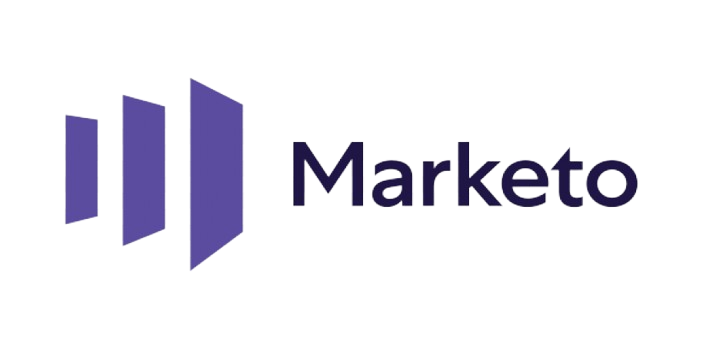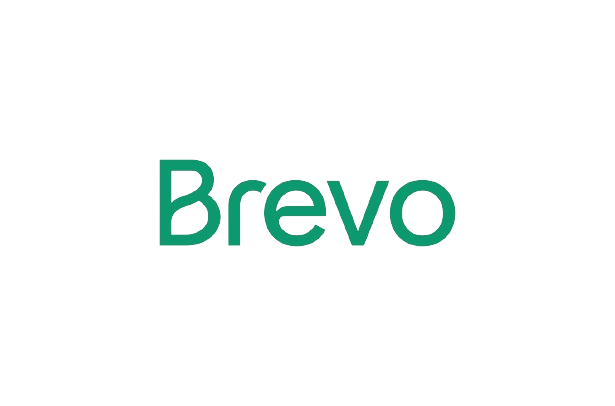Marketing Automation
Begin your hike to Growth and elevate marketing efficiency with Automation Tools. These tools empower businesses to execute more effective and personalized marketing campaigns, nurture leads, and optimize customer engagement.
Characteristics of Marketing Automation

- Lead Nurturing
Marketing automation enables personalized and timely communication with leads, guiding them through the sales funnel and increasing the likelihood of conversions.

- Customer Segmentation
Automation tools enable the segmentation of audiences based on various criteria, allowing marketers to tailor messages and campaigns to specific demographics or customer behaviors.

- Lead Scoring
Automation tools can assign scores to leads based on their interactions and engagement, helping sales teams prioritize and focus on leads that are more likely to convert.

- Workflow Automation
Streamlining internal processes, such as approvals, content creation, and collaboration, helps maintain consistency and efficiency within the marketing team.

- Lead Attribution
Marketing automation tools assist in tracking and attributing leads to specific campaigns or touchpoints, allowing marketers to measure the impact of different marketing channels on lead generation and conversions.

- Campaign Optimization
Continuous monitoring and analysis of campaign performance data enable marketers to identify what works and what doesn’t, facilitating ongoing optimization for better results.
Tekno we Preach







Why we recommend Marketing Automation?
3. Multi-Channel Integration
Marketing automation facilitates coordination across multiple channels, ensuring a consistent and cohesive brand message across email, social media, websites, and other platforms.

1. Time Efficiency
Automating repetitive tasks, such as email campaigns and social media posts, saves time and allows marketing teams to focus on strategic planning and creative endeavors.

2. Scalability
As business grows, marketing automation tools can scale to handle increased workloads and the management of larger customer databases without a proportional increase in manual effort.

4. Data-Driven Decision-Making
Marketing automation provides detailed analytics and reporting, allowing marketers to analyze campaign performance, track customer behavior, and make data-driven decisions to optimize strategies.

5. Improved Sales and Marketing Alignment
Marketing automation fosters better collaboration between sales and marketing teams by providing shared insights into lead behavior, preferences, and interactions.


6. Cost Efficiency
While there is an initial investment in marketing automation tools, the long-term cost savings result from reduced manual labor, increased efficiency, and improved targeting.

How we do it?
01
Define Objectives and Platform
Clearly outline the marketing objectives and goals that automation will help achieve, such as lead generation, lead nurturing, or increasing customer engagement. Accordingly consult which platform such as Marketo, Hubspot, SFMC, Pardot etc you should choose.
02
Segmentation & Targeting
Segment your audience based on criteria such as demographics, behavior, or lead status. This allows for more targeted and personalized marketing campaigns. This can include email drip campaigns, social media posts, and other types of content.
03
Lead Scoring
Implement lead scoring to assign numerical values to leads based on their interactions and engagement with your content. This helps prioritize leads for sales efforts and help increase the chances of lead conversion.
04
Email, Landing Pages and Forms
Set up automated email campaigns, including welcome emails, nurture sequences, and follow-ups triggered by user actions or predefined timelines. Create landing pages and forms that integrate with your marketing automation platform. These tools help capture leads and track user interactions.
05
Lead Nurturing Workflows
Build automated workflows that nurture leads through the sales funnel. This may involve sending targeted content, offering discounts, or providing educational resources.
06
Analytics, Reporting and Continuous Improvement
Utilize the analytics features of your marketing automation platform to monitor the performance of campaigns. Track metrics such as open rates, click-through rates, and conversion rates.Regularly review and analyze campaign performance. Gather feedback, iterate on strategies, and implement improvements to enhance the effectiveness of marketing automation efforts.
Check out our latest email
marketing case study
Lorem ipsum dolor sit amet, consectetur adipiscing elit. Mattis a vitae sit quis ornare ac odio sed. Dictum sollicitudin vitae.

